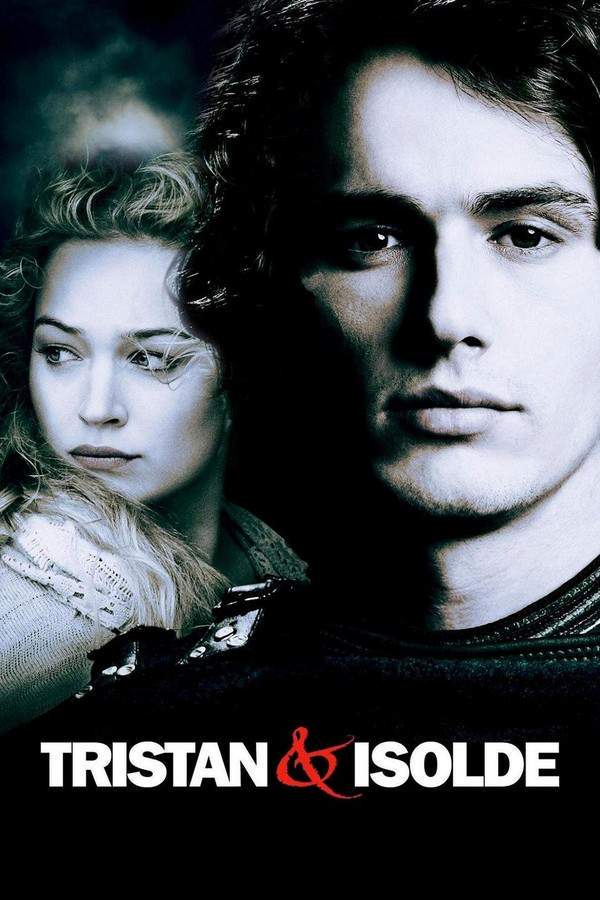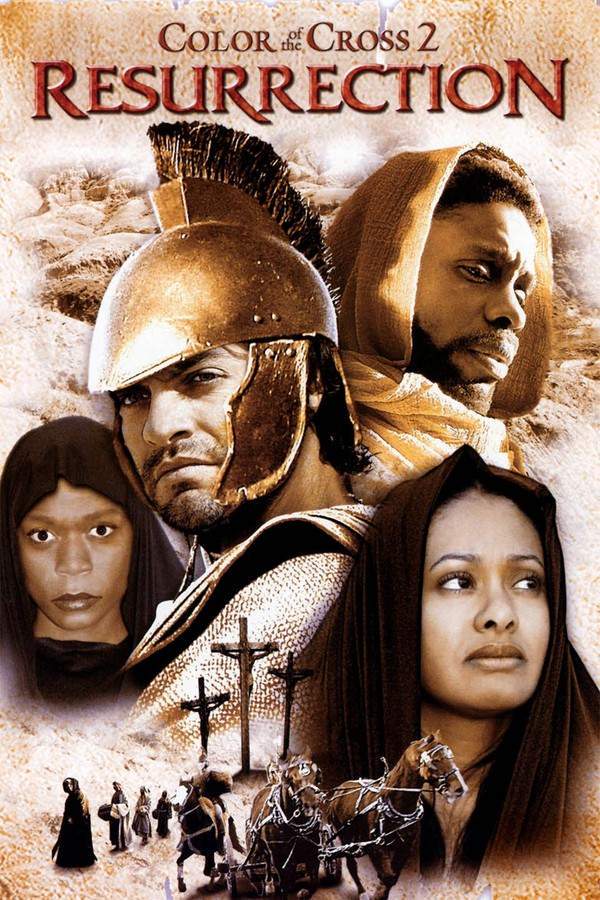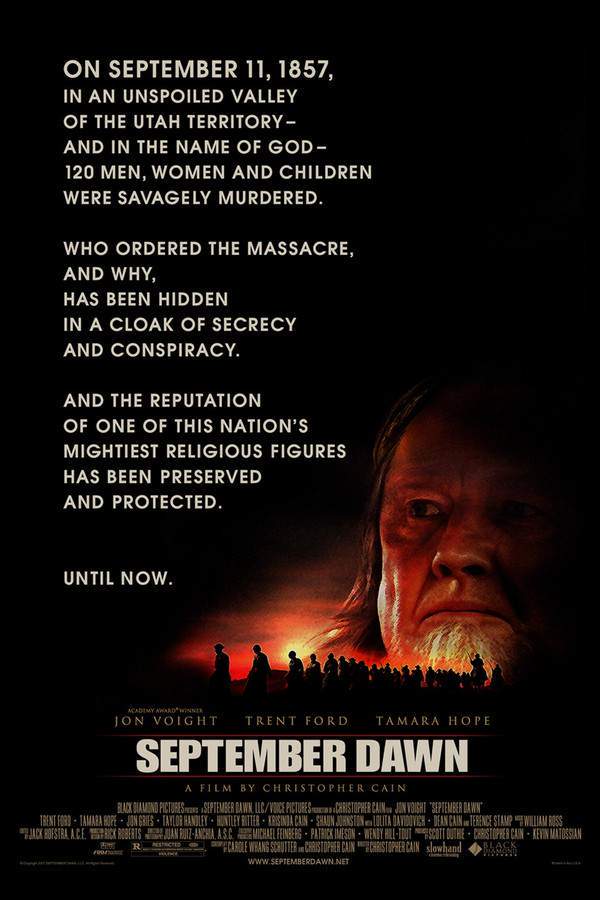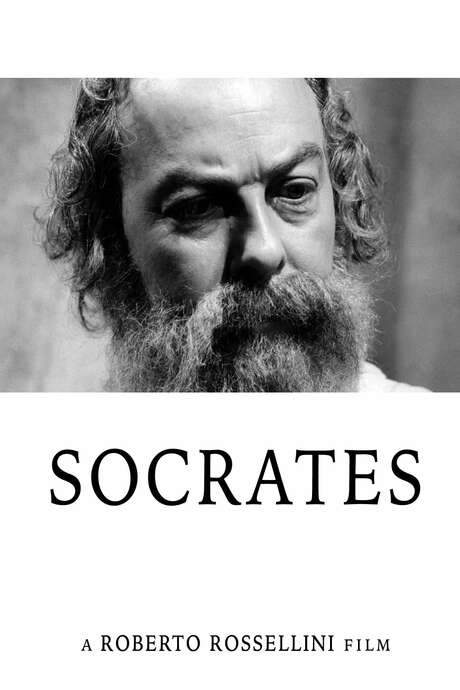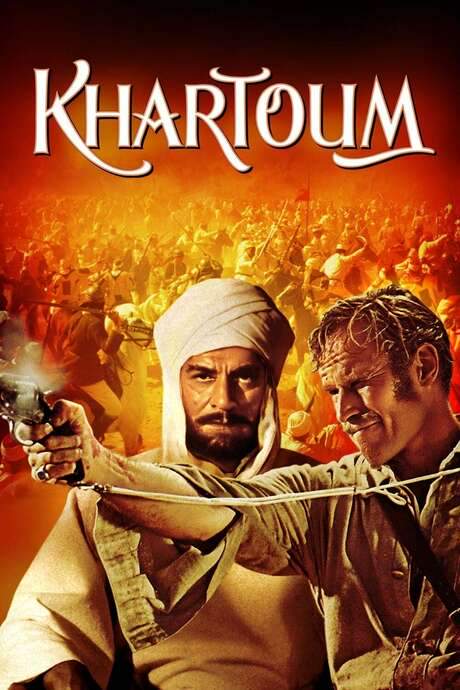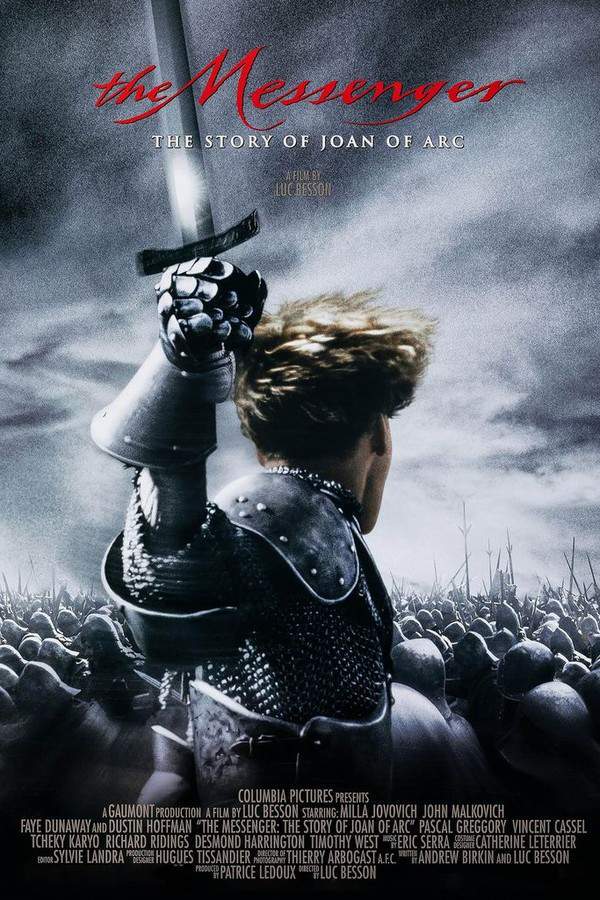
The Messenger: The Story of Joan of Arc
Year: 1999
Runtime: 148 min
Language: English
Director: Luc Besson
Budget: $85M
A teenage peasant girl claims divine guidance to lead the French army against the English occupation, sparking a remarkable series of events. This biography explores the rise of Joan of Arc, detailing her miraculous experiences, prophetic visions, and pivotal battles. Defying societal norms, she inspires unwavering devotion and leaves a lasting impact on France before her tragic death at the young age of nineteen.
Warning: spoilers below!
Haven’t seen The Messenger: The Story of Joan of Arc yet? This summary contains major spoilers. Bookmark the page, watch the movie, and come back for the full breakdown. If you're ready, scroll on and relive the story!
The Messenger: The Story of Joan of Arc (1999) – Full Plot Summary & Ending Explained
Read the complete plot breakdown of The Messenger: The Story of Joan of Arc (1999), including all key story events, major twists, and the ending explained in detail. Discover what really happened—and what it all means.
As the flames devoured her childhood village, young Joan of Arc was left with deep emotional scars from the relentless visions that plagued her since childhood. In the midst of chaos, the comforting presence of her older sister Catherine briefly eased Joan’s pain, but fate cruelly intervened, and she witnessed her sister’s brutal murder by the rampaging English soldiers. This personal tragedy shattered Joan’s innocence, forcing her to seek refuge with distant relatives while her heart bore the weight of loss.
Years later, in the formidable stronghold of Chinon, Charles VII, the future King of France and Dauphin, received an urgent message from the now-teenage Joan. She implored him to gather an army to combat the English forces occupying their lands. Welcoming her, Charles, alongside his mother-in-law Yolande of Aragon, was enthralled by Joan’s passionate recounting of her divine visions, believing wholeheartedly that she was destined to lead them to victory.
With unwavering resolve, Joan donned her armor and took charge of the French armies as they advanced towards the besieged city of Orléans. Despite her offers of surrender being met with contempt from the English, her strategic prowess shone through during key battles, culminating in the successful capture of the stockade at St. Loup. Joan faced initial skepticism from commanders who doubted her authority; nevertheless, she inspired the troops with her unyielding spirit, ultimately spearheading a daring charge that would turn the tide against their oppressors.
As the battle raged on, Joan again offered the English a chance to surrender, only to be met with obstinacy. Undaunted, she led a fierce second assault on the Tourelles stronghold, enduring severe injuries from enemy fire. Her relentless determination proved fruitful the following day when the French forces successfully seized the fortress.
With the English regrouping, Joan’s leadership ignited a desperate attempt at negotiation, which ended with the English retreating in disarray. Upon her triumphant return to Reims, she witnessed the coronation of Charles VII, and her military campaigns continued as she aimed to breach the walls of Paris. Despite facing repeated rejections for reinforcements, Joan’s faith in her mission remained steadfast.
Yet, as time passed, Charles’s perception of Joan’s significance began to decline, coupled with concerns regarding the financial strain of her campaigns. This shift in sentiment led to a treacherous scheme whereby she was betrayed and captured at Compiègne by the pro-English Burgundians, who sold her into the hands of her enemies. Shackled and imprisoned in Rouen, Joan awaited a grim fate under the cold gaze of her captors.
As her trial for heresy began, a palpable urgency filled the air, stemming from the English’s fears of her influence over their soldiers. Eager to rid themselves of the perceived threat, they hastily moved to condemn and execute her. Though initially hesitant, Bishop Cauchon succumbed to the mounting pressure, leading to Joan’s trial by fire.
Facing conviction and despair, Joan found herself confronting the harsh reality of execution without a chance for redemption. In a desperate bid to save her life, Bishop Cauchon insisted that she renounce her claims of divine guidance. Heavy-hearted, Joan complied, signing the recantation, but unbeknownst to her, this act would soon be twisted to seal her fate.
Confined in her cell, Joan grappled with self-doubt and fear as the English devised another scheme to destroy her reputation. In a shocking attempt to tarnish her image, they stripped her of her clothing, forcing her into men’s attire while accusing her of sorcery. Although she suspected foul play, Bishop Cauchon abandoned hope, allowing darkness to encroach upon her.
Ultimately, in a harrowing public spectacle, Joan of Arc was burned alive in the square of Rouen. Her anguished cries echoed through the crowd as she faced a tragic end. In a poignant epilogue, it is revealed that this remarkable figure would later be canonized as a saint in the 20th century, symbolizing the enduring strength of faith and tenacity against insurmountable odds.
Last Updated: November 21, 2024 at 11:12
Explore Movie Threads
Discover curated groups of movies connected by mood, themes, and story style. Browse collections built around emotion, atmosphere, and narrative focus to easily find films that match what you feel like watching right now.
Movies about tragic historical martyrs like The Messenger: The Story of Joan of Arc
Intense stories of visionary figures who rise and fall through faith and fire.Discover more movies like The Messenger: The Story of Joan of Arc that explore the rise and tragic fall of historical figures. These similar biography dramas often feature themes of faith, female empowerment, and historical tragedy, leading to a sad and emotionally heavy conclusion.
Narrative Summary
The narrative follows a clear arc: a protagonist, often young and divinely inspired, rises to a position of immense influence against overwhelming odds. Their initial success and fervent hope are slowly eroded by political betrayal, public doubt, and eventual persecution, leading to a climactic, somber execution that cements their legacy as a martyr.
Why These Movies?
These films are grouped by their shared focus on a real-life martyr's journey, blending high-intensity historical drama with a dark, oppressive tone. They feature a steady pacing that builds inexorably towards a known, tragic endpoint, creating a harrowing and devout viewing experience centered on sacrifice.
Intense psychological war dramas with a dark tone like The Messenger: The Story of Joan of Arc
War stories where the battlefield is both external and inside the mind.If you liked the psychological depth and brutal war violence in The Messenger: The Story of Joan of Arc, explore these similar movies. These dark war dramas often feature heavy emotional weight, complex characters, and a steady pacing that builds towards a bleak or sad ending.
Narrative Summary
These narratives unfold in a wartime setting but prioritize the internal conflict of a central leader or soldier. The plot intertwines military strategy with the protagonist's psychological unraveling or spiritual crises. The steady pacing allows for a deep exploration of this mental anguish, which often becomes as destructive as the physical war, leading to a desperate or tragic conclusion.
Why These Movies?
Movies in this thread share a high-intensity, dark tone derived from the fusion of graphic war violence and profound psychological torment. They are connected by a heavy emotional weight, a focus on the cost of leadership and conviction, and a relentlessly somber mood that leaves a lasting impact.
Unlock the Full Story of The Messenger: The Story of Joan of Arc
Don't stop at just watching — explore The Messenger: The Story of Joan of Arc in full detail. From the complete plot summary and scene-by-scene timeline to character breakdowns, thematic analysis, and a deep dive into the ending — every page helps you truly understand what The Messenger: The Story of Joan of Arc is all about. Plus, discover what's next after the movie.
The Messenger: The Story of Joan of Arc Timeline
Track the full timeline of The Messenger: The Story of Joan of Arc with every major event arranged chronologically. Perfect for decoding non-linear storytelling, flashbacks, or parallel narratives with a clear scene-by-scene breakdown.

Characters, Settings & Themes in The Messenger: The Story of Joan of Arc
Discover the characters, locations, and core themes that shape The Messenger: The Story of Joan of Arc. Get insights into symbolic elements, setting significance, and deeper narrative meaning — ideal for thematic analysis and movie breakdowns.

The Messenger: The Story of Joan of Arc Spoiler-Free Summary
Get a quick, spoiler-free overview of The Messenger: The Story of Joan of Arc that covers the main plot points and key details without revealing any major twists or spoilers. Perfect for those who want to know what to expect before diving in.

More About The Messenger: The Story of Joan of Arc
Visit What's After the Movie to explore more about The Messenger: The Story of Joan of Arc: box office results, cast and crew info, production details, post-credit scenes, and external links — all in one place for movie fans and researchers.

Similar Movies to The Messenger: The Story of Joan of Arc
Discover movies like The Messenger: The Story of Joan of Arc that share similar genres, themes, and storytelling elements. Whether you’re drawn to the atmosphere, character arcs, or plot structure, these curated recommendations will help you explore more films you’ll love.
Explore More About Movie The Messenger: The Story of Joan of Arc
The Messenger: The Story of Joan of Arc (1999) Scene-by-Scene Movie Timeline
The Messenger: The Story of Joan of Arc (1999) Movie Characters, Themes & Settings
The Messenger: The Story of Joan of Arc (1999) Spoiler-Free Summary & Key Flow
Movies Like The Messenger: The Story of Joan of Arc – Similar Titles You’ll Enjoy
Joan of Arc (2020) Detailed Story Recap
Jeannette: The Childhood of Joan of Arc (2018) Story Summary & Characters
Joan of Arc (2019) Story Summary & Characters
Regarding the Case of Joan of Arc (2018) Plot Summary & Ending Explained
Joan the Woman (1916) Spoiler-Packed Plot Recap
Joan of Arc (1900) Movie Recap & Themes
Joan of Arc (1948) Complete Plot Breakdown
Joan the Maid I: The Battles (1994) Detailed Story Recap
Saint Joan the Maid (1929) Spoiler-Packed Plot Recap
The Trial of Joan of Arc (1962) Detailed Story Recap
Joan of Arc (1000) Ending Explained & Film Insights
Joan of Arc at the Stake (1954) Movie Recap & Themes
Joan of Paris (1942) Movie Recap & Themes
Saint Joan (1957) Plot Summary & Ending Explained
Joan the Maid II: The Prisons (1994) Plot Summary & Ending Explained

